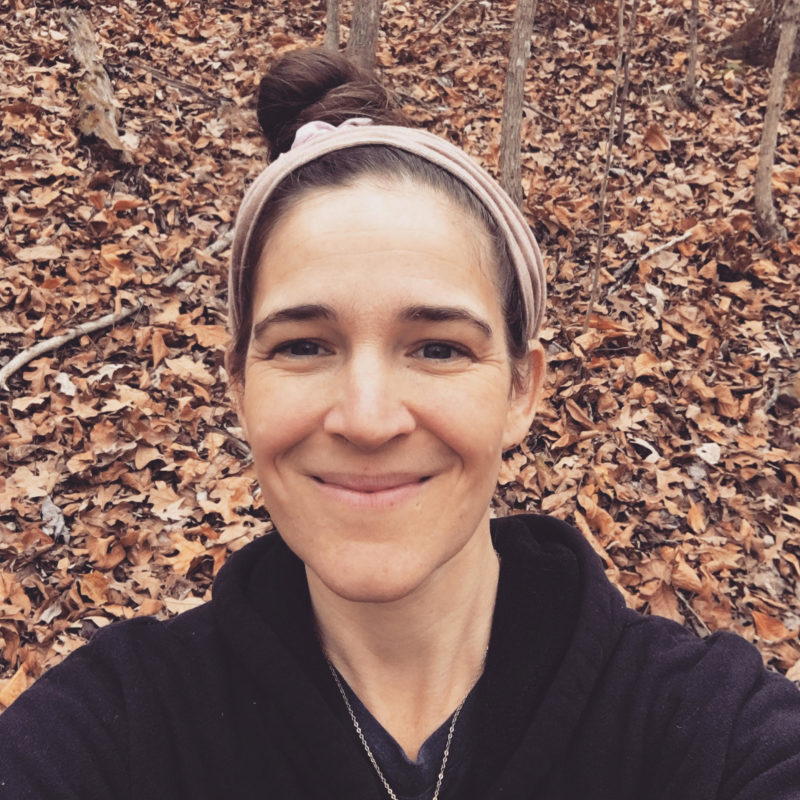Men and Women Are Created Equal but Differently – Feminism Failed Due to Denying the Distinction
The thing about the word “feminism” is that it denotes in the mind of average modern Westerners the idea that “society should be good to women, and stuff.”
Now, society should indeed be good to women, and stuff. You’ll get no arguments from me. Women, like men, are made in God’s image and thus given by Him certain unalienable rights.
But here’s the thing — the entire basis of negative rights in our republic is this immutable fact: It will always be inconsistent with not only our nation’s founding values, but the very code of the universe, to treat women as though they are the same as men.
Read the Rest — Subscribe Now
You've reached the end of the free preview.Join thousands who rely on us for trusted news.
Already a subscriber?
Truth and Accuracy
We are committed to truth and accuracy in all of our journalism. Read our editorial standards.
Advertise with The Western Journal and reach millions of highly engaged readers, while supporting our work. Advertise Today.












